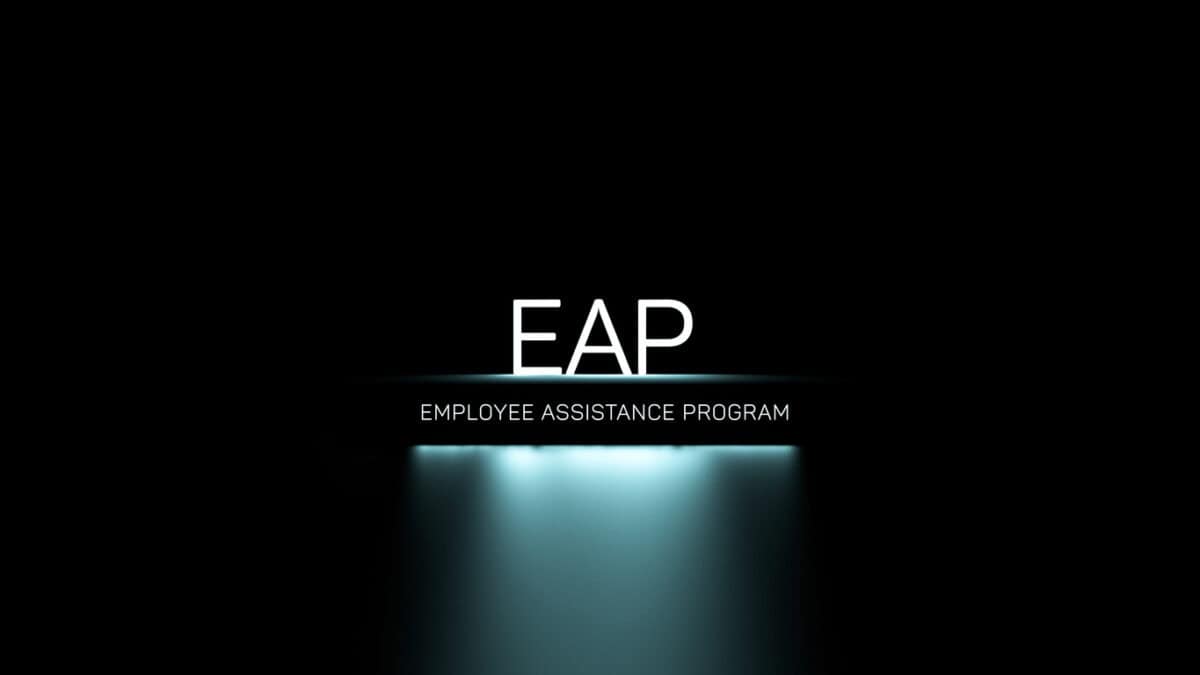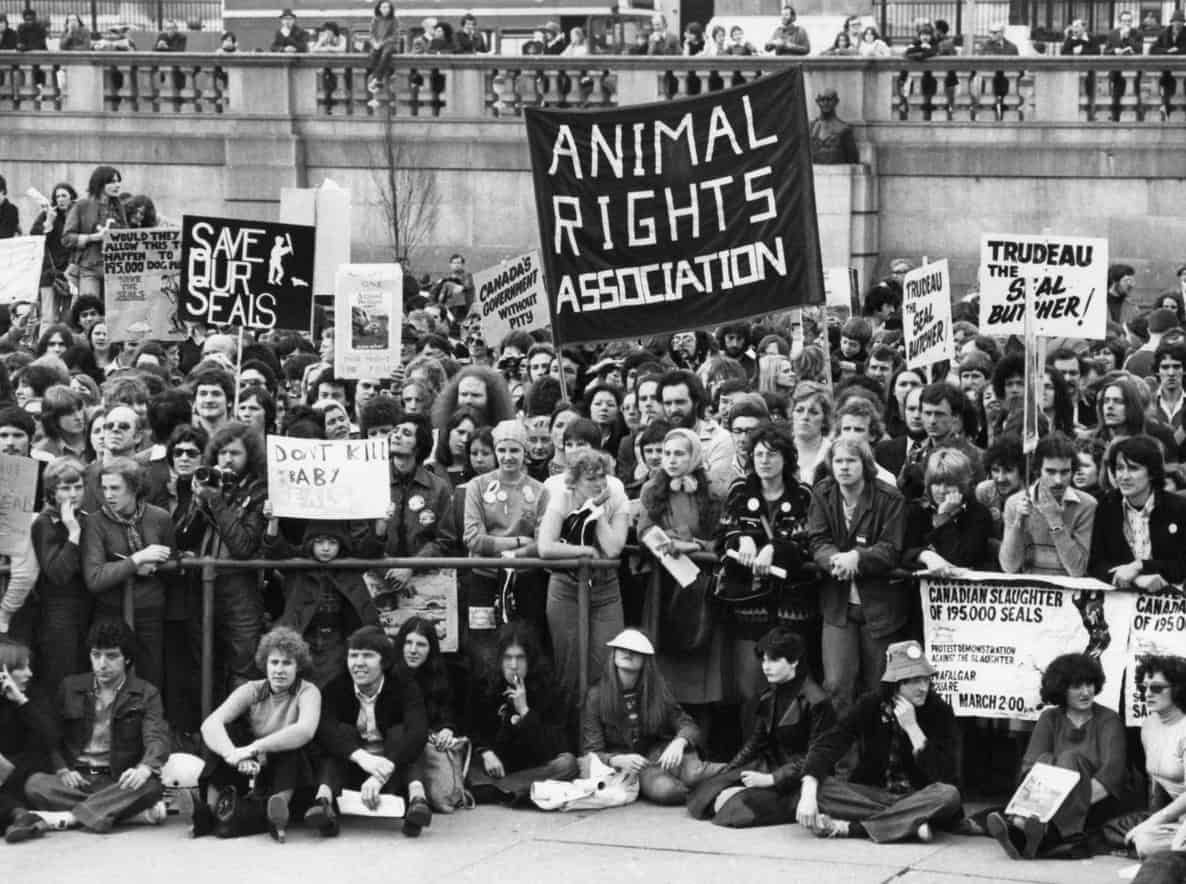Australia is currently in the Winter season of sniffles, colds, and influenza, which generates illness and workplace absences. In the northern hemisphere, excessive heat may be causing a similar level of workplace absences. A recent article from the Australian Broadcasting Corporation discussed workplace absences due to illness.
Category: human resources
OHS questions to ponder
When wearing a motorcycle helmet and motorscooting to and from the office, I (too?) often think about occupational health and safety (OHS) while, of course, being situationally aware (mostly). It is not quite the same as an isolation tank that turned William Hurt into a caveman and a blob, but the quiet allows contemplation.
Below are some of the questions and thoughts from those sessions. Usually, these percolate for a few weeks into a blog article, but I would appreciate readers’ and subscribers’ thoughts. A prize or reward will be sent to the most engaging subscriber.
New perspectives can perpetuate the old
An article garnering some attention on LinkedIn (Yeah, I know, the Facebook for corporate self-promotion) has called for a different path to reducing occupational health and safety injuries. “A new view of safety culture measurement” is written by safe365’s cofounder Nathan Hight. As with most articles on the Internet, the primary aim is marketing or selling (this blog is a good example); in this case he is promoting an upcoming webinar. He writes:
“In order to quantify and manage the impacts of behaviour and attitudinal-based attributes in safety, we need a more consistent approach to both the primary measurement, but also the ongoing assessment of progress and performance.”
The OHS context is almost missed as EAP bodies scrap
The increased interest in preventing and managing psychosocial hazards at work should draw more attention to a service that many employers rely on to handle this issue: Employee Assistance Providers (EAPs).
Recently, The Age newspaper ran an article called “Employers spruik workplace wellbeing services. But who is picking up the phone?” (paywalled). The hard copy article was “Doubts raised on workplace wellbeing services”. Both articles reported on EAP services that are not always being provided by qualified clinical psychologists, as these services used to be.
A broad perspective on Work, OHS and Mental Health
A whole generation of workers has grown up believing that if they are having a hard time at work, if they are not coping with the workload or the sexual advances of their boss, or their difficult workplace, or the discrimination they feel about their gender or their sexuality, that it’s their fault, and it’s their problem, and therefore, it’s their role to solve and fix it. But there were generations before the current one, and I’m from one of those earlier generations. When I started work, there was good work and safe jobs, and there were social movements for women’s rights, and then gay rights and dignity at work, and respect at work. It was far from a paradise, but there was exciting progress and lively, challenging debates and social protests. A little of that passion has returned this decade, but more is needed.
The psychosocial message may be getting through
Recent Australian insurer Allianz released survey data that revealed:
“….half of surveyed Australian employees claim they feel fatigued and burnt out”.
This report generated a recent article (paywalled) in the Australian Financial Review (AFR), which included some important comments from Dr Rebecca Michalak. Her comments are an important introduction to a week that includes SafetyAtWorkBlog’s exclusive reporting on The Psych Health & Safety Conference.
A mental health book for leaders and HR professionals
Australian lawyer Fay Calderone has published a book called “Broken to Safe – Tackling Toxic Workplace Cultures and Burnout”. The intended readership seems to be “leaders” and Human Resource (HR) professionals. Occupational health and safety (OHS) is mentioned occasionally, but OHS professionals will find much to frustrate them about this self-published book.







